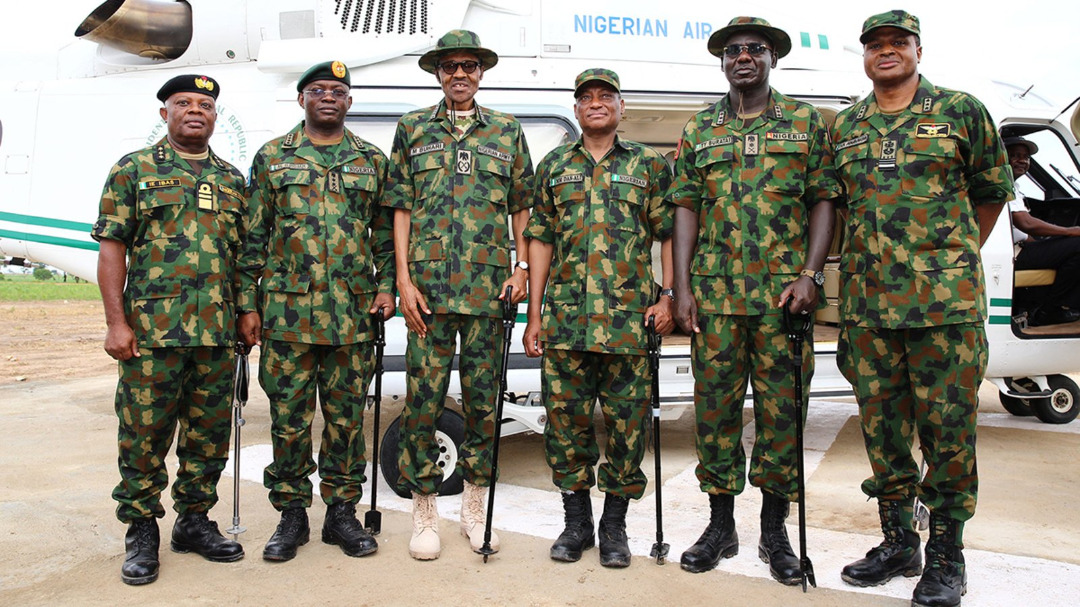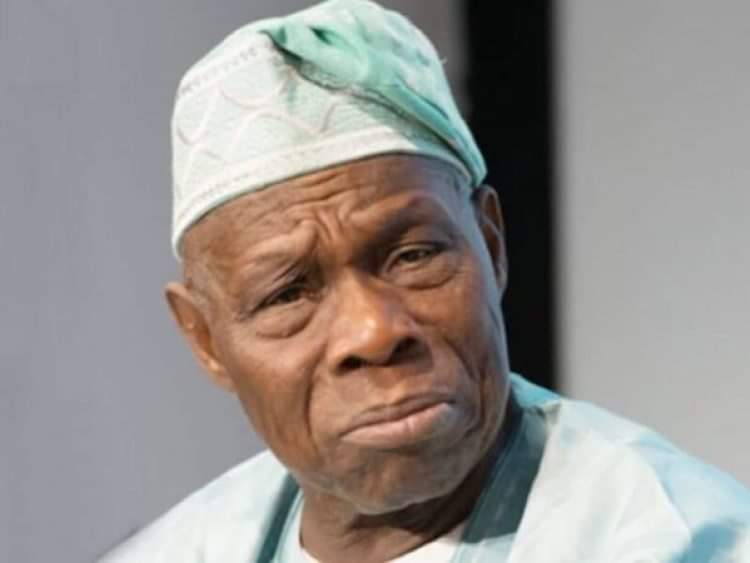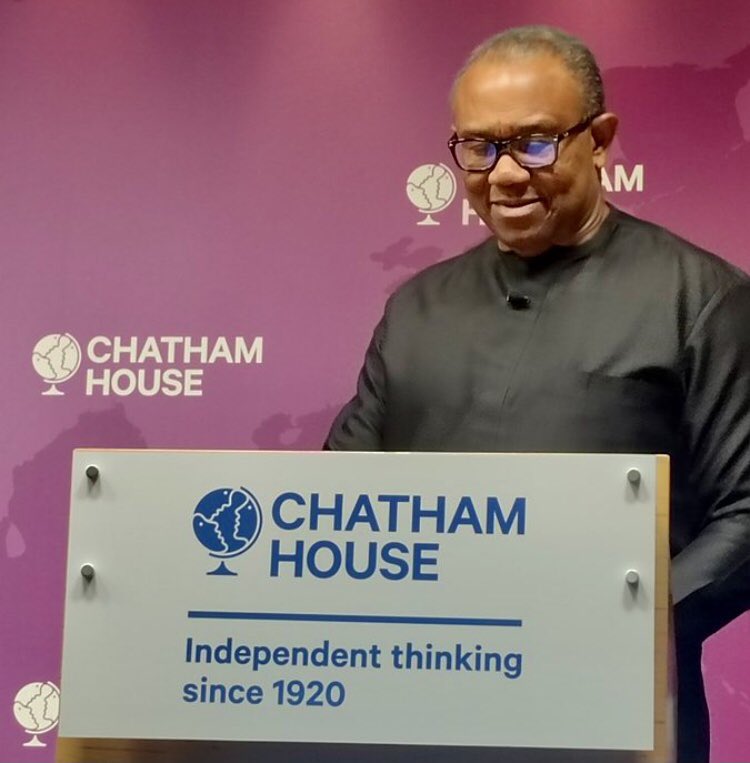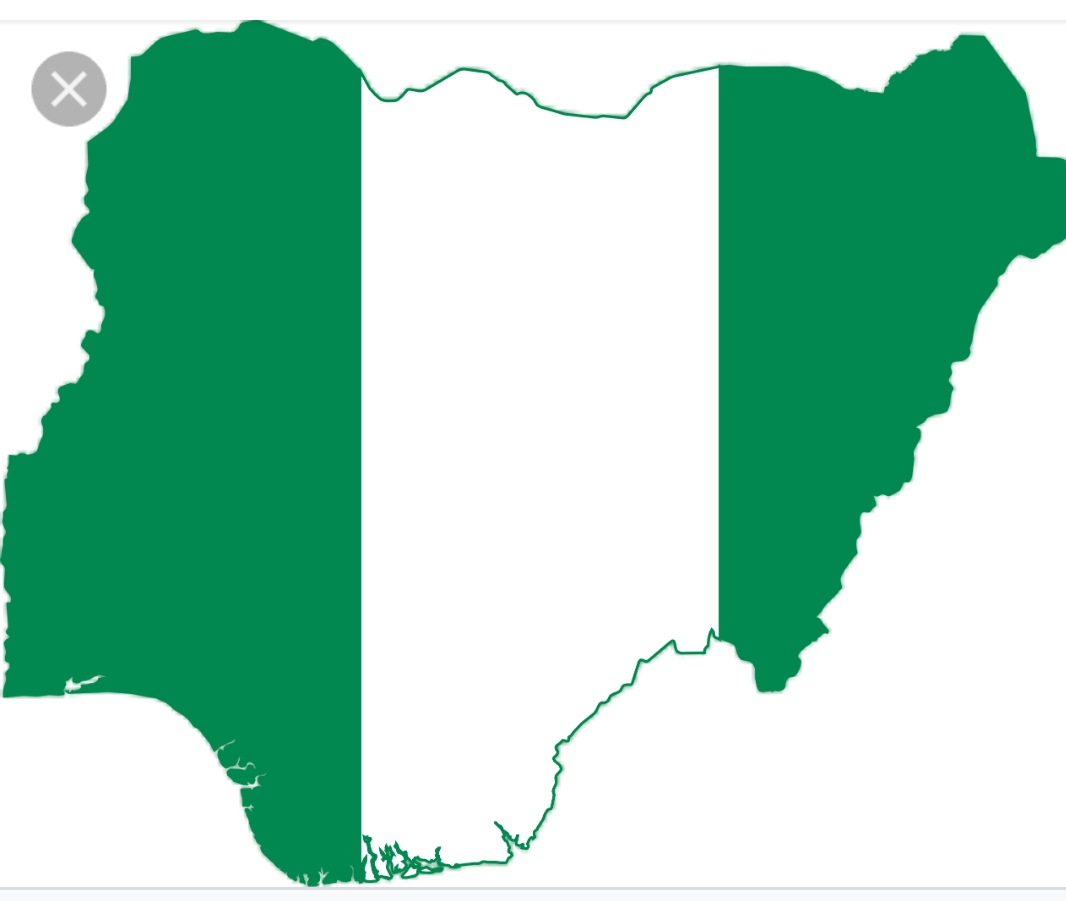With less than three years to the end of President Muhammadu Buhari’s second term as Nigeria’s democratically elected leader, not even his most rabid supporters will be proud of his record on security. At the time Buhari was seeking election for the fourth time in 2015, his campaign managers projected him as the man to crack down on the violent elements mounting a challenge to the suzerainty of the Nigerian State. They extolled their principal’s record during his first coming as military leader, when he quelled a major sectarian uprising, and decisively dealt with external aggressors from Chad.
Buhari’s political party, the All Progressives Congress (APC) further garnished expectations with confident promises on what their administration would do to arrest insecurity. The then incumbent, Goodluck Jonathan was derisively labeled as clueless, not only on matters of security, but also on governance generally. As such, during the debate on the campaign trail, the APC did not deem it necessary to involve the electorate in the conversations about the details of what it planned to do to secure the country, if it eventually clinched the Presidency. Buhari’s party simply talked up broad ideas as captured in its manifesto.
The party for instance promised to employ at least an “extra 100,000 police officers and establish a properly trained and equipped Federal Anti-Terrorism Multi-Agency Task Force to destroy Boko Haram and any form of insurgency.” Five years into APC rule, Boko Haram is neither destroyed nor were other insurgencies put down. Similarly, the APC among many others promised it would work to “devolve the oversight of local policing,” including the nomination of the State Police Commissioner.” Half a decade down the line, the Nigeria Police is still a centralized, poorly resourced, and an ill-motivated behemoth. The Force has repeatedly failed in its duty of effectively policing the country.
Given the President and his party’s vagueness with respect to direct questions on what they promised would be achieved, it is not surprising that Nigeria now wallows in chronic insecurity. Data from the Nigeria Security Tracker, a project of the United States Council of Foreign Relations Africa Programme, which maps violence in Nigeria provide insight about the fragile nature of security in the country. The tracking map indicates that in the first five months of 2020 alone, 5,269 lives were lost to violence motivated by political, economic and social grievances.
In the killing fields of the North East, the Boko Haram insurgency continues to take the lives of military personnel and helpless civilians. In the Middle Belt, deadly waves of herdsmen attacks have gone on without any robust challenge from the Nigerian State. In communities around Southern Kaduna for instance, the brutal killing and maiming of people in farming communities by murderous groups of herdsmen has been met by the Nigerian government’s complicity of silence or inaction. Those who engage in the killing sprees simply move on to their next targets, with no attempts by the State to apprehend and prosecute the perpetrators.
Ironically, the latest manifestation of the Buhari government’s spectacular failure to deal with insecurity is the escalation of the deadly activities of armed bandits in the President’s home State of Katsina, as well as in Sokoto and Zamfara States. Right from the President’s backyard, many voices, which were before now quiet due to the erroneous assumption that insecurity in other parts of the country does not affect them, are suddenly crying out. Critical commentary about the failure of the Buharigovernment to secure the national space led to a spat between the Presidency and the Northern Elders Forum, led by Professor Ango Abdullahi. As expected, the brittleness of the Presidency as it reacts to serious scrutiny of its record on security has now morphed into a full scale attempt to clamp down on citizens voicing their concerns. This is the context in which we must read the recent arrest of protesters in Katsina who came out in good numbers to voice their objections to the ending wave of killings, rapes, and maiming by bandits.
Whether the Presidency continues its push back against the public verdict on its atrocious performance on security or not, the reality remains Nigerians know and feel very unsafe in their own country. These feelings will be further accentuated by the President’s hands off approach to securing the country. The conundrum in this kind of security strategy is apparent in the President’s recent verdict on the performance of the Service Chiefs. The nation’s helmsman was reported to have told the service chiefs straight away that their best was not good enough to keep the country safe.
The question on the lips of many citizens is: why did it take the President over five years to realise this. So if the best the service chiefs have to offer has been below par, why has the President kept them on the job for so long? In the end, going by the facts, which defy the embellishment of the government’s propaganda machine, the Buhari record has been, to say the least, very atrocious. This abysmal failure on the question of security rankles even more because securing the Nigerian space was one of the convincing arguments on which Buhari and his co-travelers in the APC won the Presidency in the first place.If that core area of plausible performance has been so poorly managed, what will be left of the Buhari legacy after nearly one decade at the helm of the Nigerian Presidency?






















